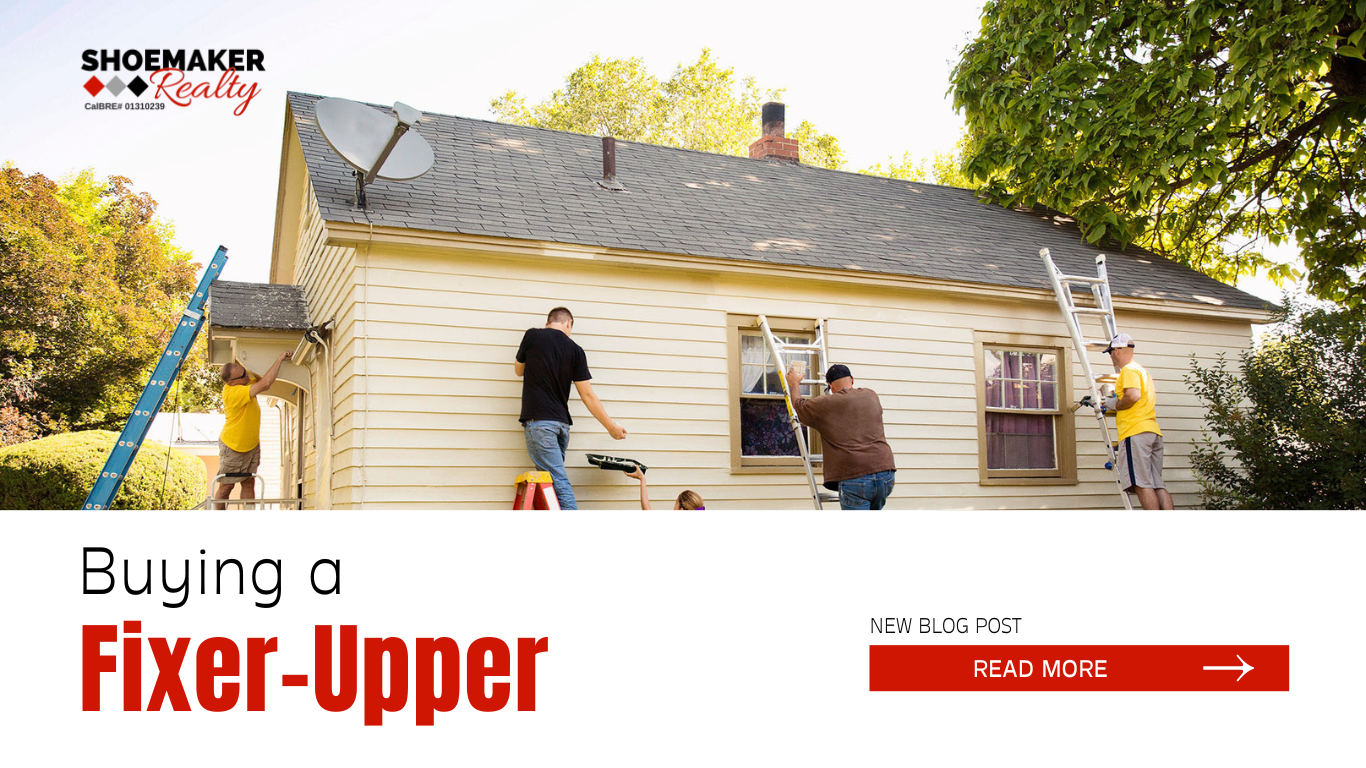
Buying a fixer-upper can be an exciting and rewarding venture, but it also requires careful consideration and planning. Here are some important factors to keep in mind when buying a fixer-upper:
1. Budget: Determine your budget by considering the purchase price, renovation costs, and any unexpected expenses that may arise during the renovation process. It's crucial to have a clear understanding of your financial limitations before diving into a fixer-upper project.
2. Property Inspection: Hire a professional home inspector to assess the condition of the property thoroughly. They will identify any structural issues, electrical or plumbing problems, or other hidden concerns that may not be apparent during a casual walkthrough. Understanding the extent of repairs needed will help you make an informed decision.
3. Renovation Costs: Evaluate the scope of the renovations required and estimate the associated costs. This assessment should include both cosmetic improvements and any necessary repairs. Consult with contractors or other professionals to get accurate estimates and avoid underestimating the expenses involved.
4. Time and Effort: Consider the amount of time and effort you're willing to invest in the renovation process. Depending on the extent of the work needed, it can range from a few months to a year or more. Assess your availability, skills, and willingness to manage or oversee contractors to ensure the project doesn't become overwhelming.
5. Permits and Regulations: Understand the local building codes, permits, and regulations that may apply to your renovation project. Depending on the nature and scale of the work, you may need to obtain permits from the local authorities. Familiarize yourself with the necessary processes to avoid any legal issues.
6. Financing Options: Explore different financing options to cover the purchase and renovation costs. Traditional mortgage loans may not be suitable for fixer-uppers due to the property's condition. Consider renovation loans, home improvement loans, or other financing methods that cater specifically to these types of properties.
7. Future Resale Value: Assess the potential resale value of the property after the renovations are complete. Consult with local real estate agents or appraisers to understand the market trends and ensure your investment aligns with your long-term goals.
8. DIY vs. Hiring Contractors: Determine whether you'll handle the renovations yourself or hire professionals. Consider your skills, availability, and the complexity of the required work. While DIY projects can save money, they also require time, expertise, and the availability of necessary tools.
9. Realistic Expectations: Keep realistic expectations about the renovation process. Unexpected issues may arise, timelines can be extended, and costs can increase. Prepare yourself mentally for potential setbacks and be flexible throughout the project.
10. Patience and Vision: Renovating a fixer-upper can be a rewarding experience if you have the patience and a clear vision of the final outcome. It requires a positive mindset, determination, and the ability to see the potential in a property despite its current condition.

